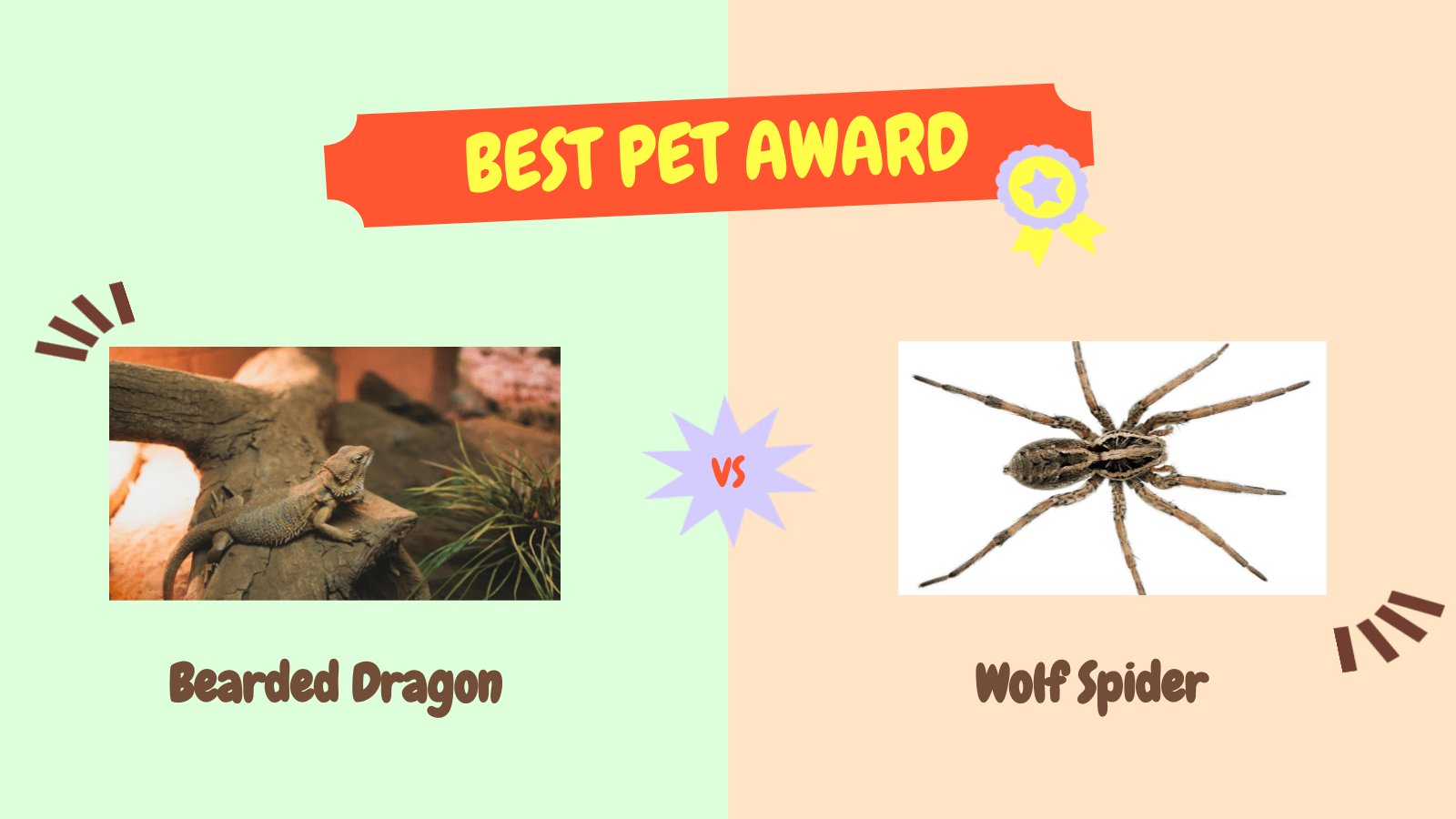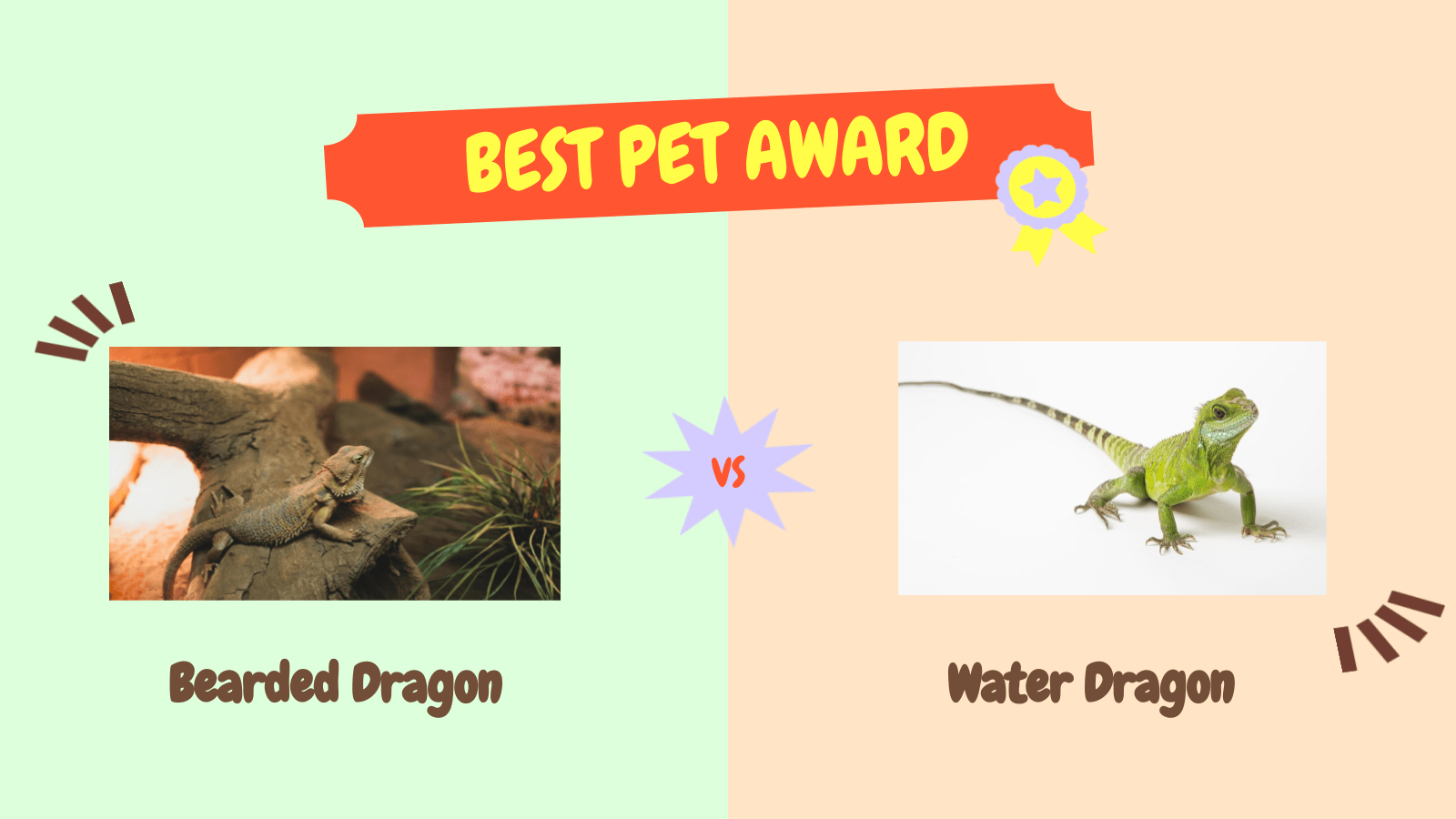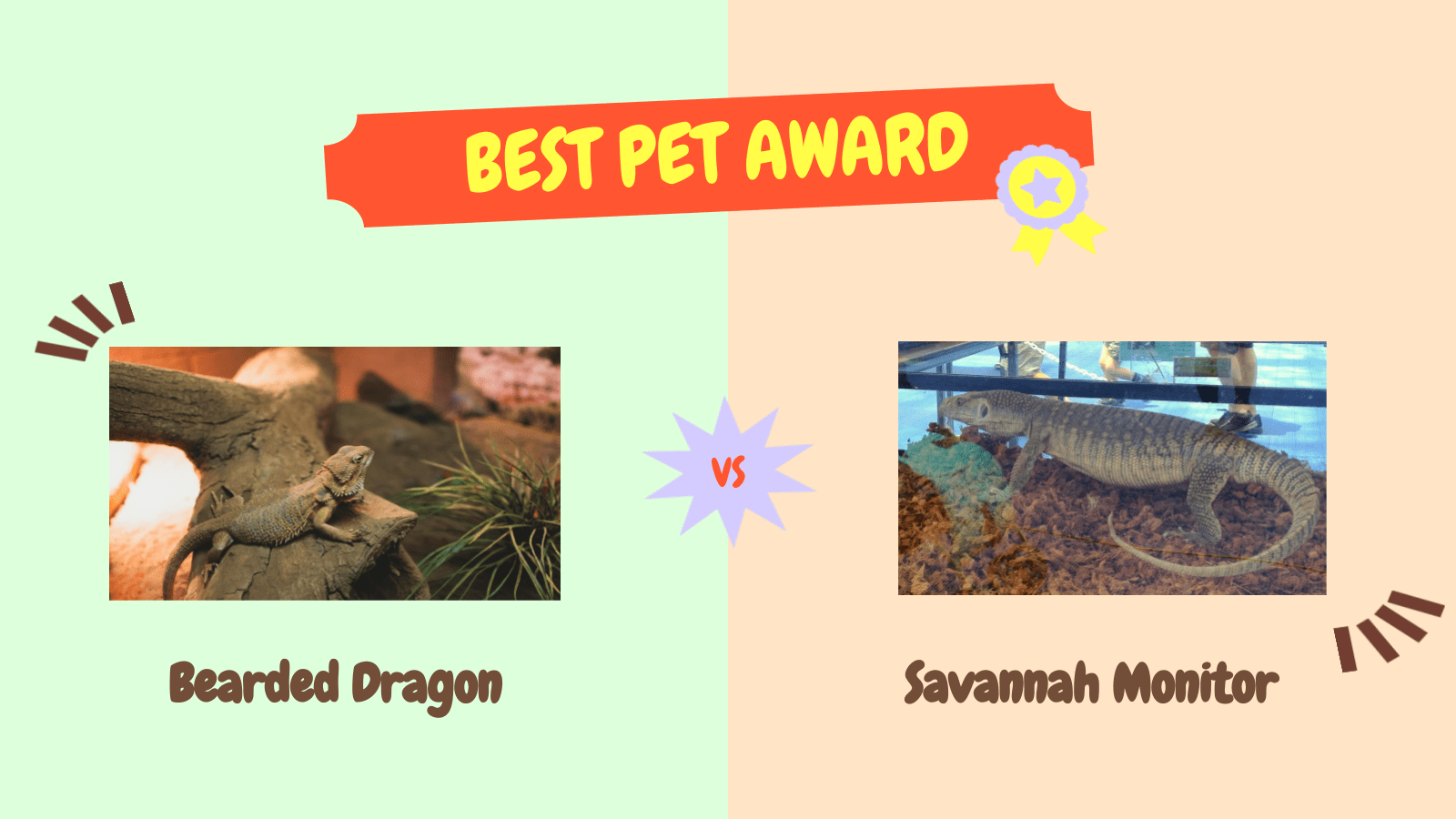Are you noticing a change in your bearded dragon’s behavior? Is the once calm creature now showing signs of aggression? This sudden switch can be alarming.
Understanding your pet’s behavior is crucial. An aggressive bearded dragon can be a cause of concern, stirring up many questions.
Let’s dive into what might be happening. Together, we will uncover possible reasons, ensuring your bearded dragon’s health and happiness.
5 Factors That Can Make Your Bearded Dragon Aggressive
- Incorrect Diet: Feeding your bearded dragon an improper diet can cause them to become aggressive. Ensure they are getting a balanced diet of insects, vegetables, and fruits.
- Lack of Mental Stimulation: Just like humans, bearded dragons can get bored if their environment doesn’t change. Regularly introducing new toys or rearranging their tank can keep their minds stimulated and reduce aggression.
- Insufficient Space: Bearded dragons need sufficient space to move around and explore. If their enclosure is too small, they can become stressed and exhibit aggressive behavior.
- Handling Issues: If a bearded dragon is not properly handled, it might become stressed and react aggressively. Always handle your pet calmly and gently to establish trust and comfort.
- Health Problems: Sickness or discomfort can make a bearded dragon feel agitated and defensive. Regular vet check-ups can ensure your pet is healthy and free from any conditions causing aggression.
How to Calm an Aggressive Bearded Dragon?
As a bearded dragon owner, you may face moments when your pet turns aggressive. But worry not, calming an aggressive bearded dragon is achievable with patience and understanding.
Firstly, get to know your dragon’s body language. Aggression often signals fear or discomfort. Ensure their habitat is clean, large enough, and offers hiding spots. Correct lighting and temperature also play a vital role in their mood.
Secondly, make handling a positive experience. Move slowly, approach from the front, and avoid sudden movements. Remember, your touch should be gentle and reassuring.
Thirdly, bonding activities can help reduce aggression. Start with short periods of interaction, gradually increasing over time. Feeding by hand might also create a stronger bond.
Lastly, if you notice persistent aggression, consult a reptile veterinarian. It could indicate underlying health issues. Remember, your bearded dragon’s welfare should always come first.
To further extend your knowledge about bearded dragons, here are a few more to explore:
- Why Is My Bearded Dragon Angry?
- Why Is My Bearded Dragon Suddenly Angry?
- Why Do Bearded Dragons Bask?
Each post offers in-depth insights, giving you all the details you need to take good care of your beardie.
Remember to research and prepare for your pet’s specific needs, and you’ll have a happy and healthy companion for years to come.
Happy pet-keeping!


